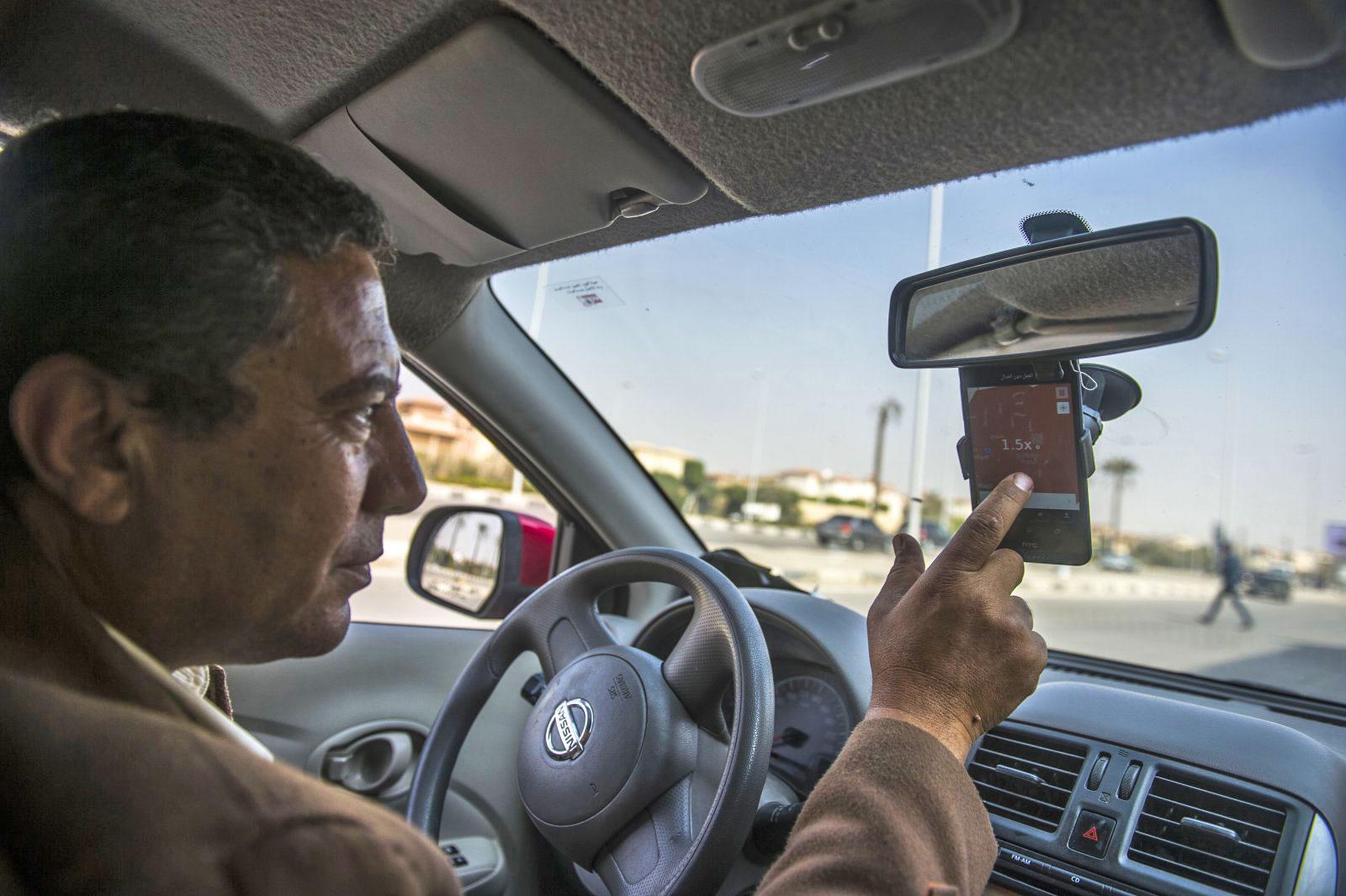“Roxy yasta?” “Tahrir yasta?” “Yasta” or “Osta” is the title given to drivers in Egypt. For as long as I can remember, Egyptians have endlessly complained about taxi drivers: from declining requests to drive to certain neighborhoods, to refusing to switch on the AC in the summer, or demanding unreasonably high fares. Opting for a cab in Cairo is usually an unpleasant experience. In 2014, international ride-hailing applications were introduced to the Egyptian market. At first, they were celebrated as a more convenient and rewarding option, but with time, the flaws of each became evident. Today, there are multiple ride-hailing apps to choose from: Uber, Careem, inDriver and DiDi, each with its own set of benefits and drawbacks. Since I’ve been a regular user of ride-hailing apps for the past three years, here is my breakdown of their pros and cons: Uber The most popular ride-hailing app in Egypt and globally, US-based Uber is the fastest when it comes to availability. Since it employs a large number of captains across the city, it is usually easy to locate one anytime anywhere. In terms of pricing, Uber is the most expensive….



